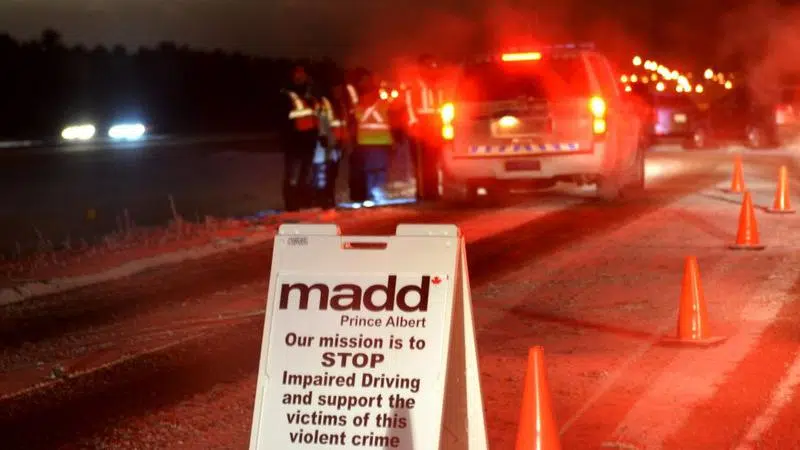
‘We’re still dealing with the repercussions’: P.A. couple hit by impaired driver 36 years ago
Rod and Della Hicks don’t remember much the night of a fateful crash in 1983, but they’re still feeling the effects of it today, and say they will for the rest of their lives.
On July 12, 1983 Della and Rod were involved in an impaired driving accident, which has left them with scars they still bear to this day.
“It’s 36 years later and I don’t see this ever stopping.” – Della Hicks


